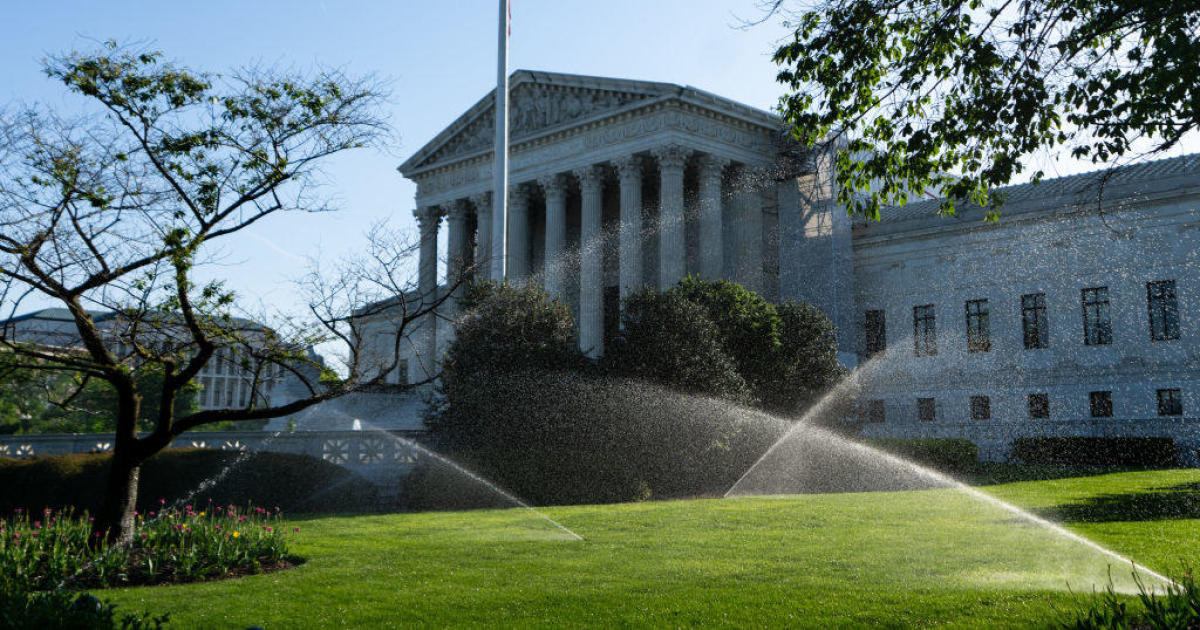Republican officials in Louisiana have turned to the Supreme Court for help in resolving a dispute over the state’s congressional districts. A panel of lower court judges recently ruled that upcoming elections cannot be held under a newly adopted map that included a second majority-Black district. The judges found the redistricting plan, approved by Louisiana’s GOP-led legislature, to be an unconstitutional racial gerrymander. This decision was based on a previous ruling that ordered the creation of a second majority-Black district to comply with the Voting Rights Act, as the state’s previous map had only one majority-Black district despite a significant Black population.
The new plan adopted by state lawmakers earlier this year was challenged by a group of voters who claimed that the state had drawn district boundaries based primarily on race, leading to racial segregation of voters. The three-judge district court panel agreed with this assessment and blocked the GOP-drawn congressional map from being used in any election, citing it as an unconstitutional racial gerrymander. They set a deadline for a new map to be imposed by June 4, prompting both Black voters and civil rights groups, as well as Louisiana officials, to seek intervention from the Supreme Court to halt the panel’s injunction and remedial proceedings by May 15.
In their filing with the Supreme Court, GOP state lawyers expressed concern about the timing of the lower court’s ruling, as it left Louisiana without district lines just five days before the secretary of state needed to begin implementing a congressional map for the 2024 elections. They argued that the congressional map with two majority-Black districts, passed by the legislature and signed by Governor Jeff Landry, was designed to comply with the Voting Rights Act while also achieving other political goals, such as protecting incumbent Speaker Mike Johnson and Majority Leader Steve Scalise.
The legal battle over Louisiana’s congressional districts highlights the complex and contentious nature of redistricting, particularly when issues of race and political representation come into play. The state’s GOP-led legislature has faced criticism for allegedly drawing district boundaries based on race, leading to claims of voter segregation. The dispute has sparked legal challenges and requests for intervention from the Supreme Court, underscoring the importance of fair and equitable redistricting processes in ensuring equal representation for all voters.
As the Supreme Court considers the requests for emergency relief in this case, the outcome could have significant implications for Louisiana’s upcoming elections and the broader debate over redistricting practices. The dispute over the state’s congressional districts reflects larger issues of racial gerrymandering and political manipulation in the redistricting process, raising questions about the balance between compliance with voting rights laws and partisan interests. Ultimately, the resolution of this case will shape the electoral landscape in Louisiana and could set a precedent for redistricting challenges in other states.









